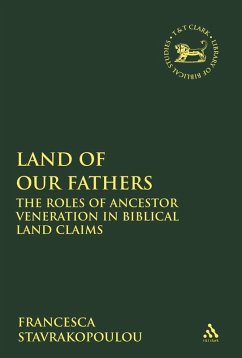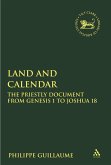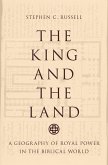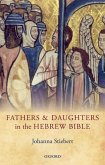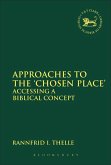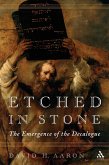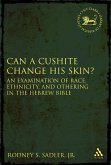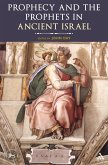The biblical motif of a land divinely-promised and given to Abraham and his descendants is argued to be an ideological reflex of post-monarchic, territorial disputes between competing socio-religious groups. The important biblical motif of a Promised Land is founded upon the ancient Near Eastern concept of ancestral land: hereditary space upon which families lived, worked, died and were buried. An essential element of concept of ancestral land was the belief in the post-mortem existence of the ancestors, who were venerated with grave offerings, mortuary feasts, bone rituals and standing stones.
The Hebrew Bible is littered with stories concerning these practices and beliefs, yet the specific correlation of ancestor veneration and certain biblical land claims has gone unrecognized. The book remedies this in presenting evidence for the vital and persistent impact of ancestor veneration upon land claims. It proposes that ancestor veneration, which formed a common ground in the experiences of various socio-religious groups in ancient Israel, became in the Hebrew Bible an ideological battlefield upon which claims to the land were won and lost.
The Hebrew Bible is littered with stories concerning these practices and beliefs, yet the specific correlation of ancestor veneration and certain biblical land claims has gone unrecognized. The book remedies this in presenting evidence for the vital and persistent impact of ancestor veneration upon land claims. It proposes that ancestor veneration, which formed a common ground in the experiences of various socio-religious groups in ancient Israel, became in the Hebrew Bible an ideological battlefield upon which claims to the land were won and lost.

